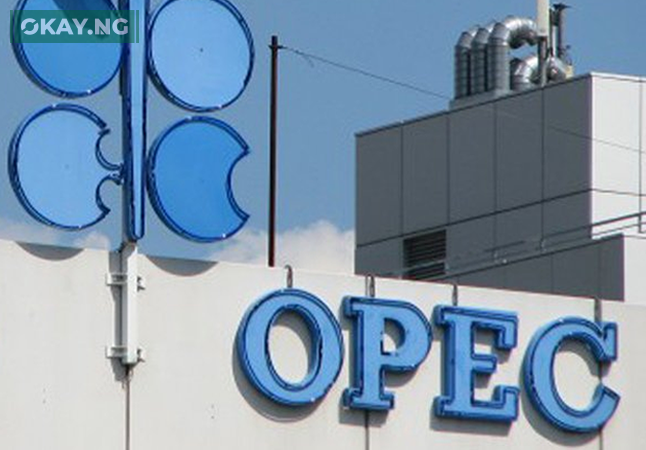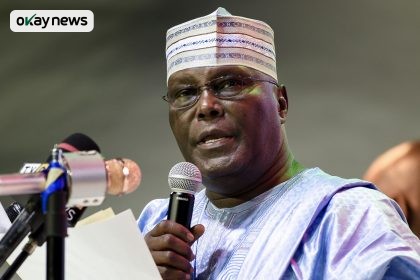As Nigeria’s crude output recovers from years of decline, the country is ready to negotiate a higher oil production quota with the Organisation of Petroleum Exporting Countries (OPEC). This strategic move comes as the country aims to bolster its revenue streams and alleviate mounting fiscal pressures.
“Nigeria is occupied with increasing production first to meet its budget aspiration and will then engage with OPEC to raise the nation’s quota,” stated Gbenga Komolafe, chief executive of the Nigeria Upstream Petroleum Regulatory Commission (NUPRC), in a recent address.
Domestic oil production has witnessed a significant resurgence, climbing to 1.48 million barrels per day (bpd) in December 2024, inching closer to its current OPEC quota of 1.5 million bpd. This recovery marks a substantial turnaround from the dire straits of 2022, when production plummeted to a dismal 1.1 million bpd due to rampant oil theft and widespread vandalism that crippled critical oil infrastructure.
The resurgence of the Nigerian oil sector has been partly fuelled by increased investments from domestic players. A Businessday Report notes that Nigerian-owned companies, such as Seplat Energy and Oando, have significantly ramped up their operations, with Seplat aiming to more than double its production to 120,000 bpd following the acquisition of ExxonMobil’s onshore assets.
“Drilling activity has tripled in the past four years,” noted Komolafe, reflecting a renewed wave of optimism within the sector.
Read Also:
OPEC Report: Nigerian Exports Disrupting European Market Dynamics
Nigerian Refineries Boost Output, Signal Reduced Petrol Imports
This surge in activity, however, may put Nigeria on a collision course with OPEC, which has historically enforced production limits to stabilise global oil prices. Given the nation’s precarious fiscal situation and the urgent need to bolster government coffers, analysts believe Nigeria may prioritise increased production over strict adherence to OPEC quotas.
While Angola successfully exited OPEC in 2023 after rejecting tighter output restrictions, the United Arab Emirates successfully negotiated a higher quota in 2024. This precedent offers a mixed outlook for Nigeria’s ambitions.
As Nigeria navigates this critical juncture, the success of its efforts to sustain production growth and negotiate a favourable outcome with OPEC will have profound implications for its economic trajectory and fiscal stability.







